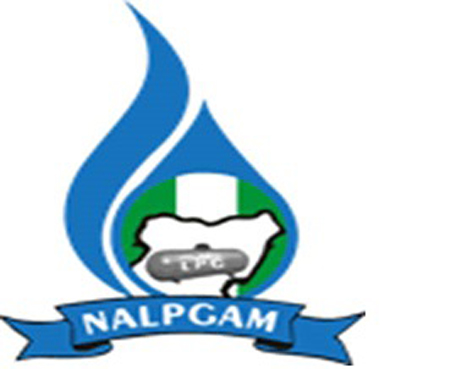NALPGAM Says Acetylene Caused Kaduna Explosion And Not LPG


The Nigerian Association of Liquefied Petroleum Gas Marketers, NALPGAM, has said that the Kaduna explosion which killed the Chairman, Nigeria Atomic Energy Commission, Professor Simon Mallam and his son and 3 others was not caused by Liquefied Petroleum Gas, LPG, also known as cooking gas.
The Association in a statement in Lagos yesterday blamed the incident on acetylene exposure.
Acetylene is the chemical compound with the formula C₂H₂, and is a hydrocarbon and the simplest alkyne. This colorless gas is widely used as a fuel and a chemical building block and is unstable in its pure form and thus is usually handled as a solution.
While commiserating with families of those who lost their lives at the gas explosion in Sabon Tasha area of Kaduna State and owners of business premises and properties worth millions of Naira that were destroyed in the explosion, the Association denied reports by some news media organizations which erroneously attributed the incident to cooking gas cylinder explosion.
President of the Association, Mr. Nosa Ogieva-Okunbor, in the statement regretted that prominence given to the report would not help the advocacy for increased usage of cooking gas and the overall switching from use of unclean cooking fuels to cooking gas as one of the cardinal projects of the current administration.
“The operations of cooking gas filling plants are highly regulated and monitored by the statutory government agencies while members of NALPGAM, an association of all LPG marketing companies in the country, duly licensed by the Department of Petroleum Resources (DPR), also have put in place measures to self-regulate members to ensure that the industry operates within the prescribed safety standards and procedures.
Just as the DPR monitors and regulates the LPG filling plants, same should be extended to other inflammable products too such as acetylene and other industrial gases.” the Association demanded.
The NALPGAM said the safety of lives and properties of Nigerians are very dear to it and that filling and retailing of industrial gases have to be stoutly monitored.
The Association recalled that a similar incident occurred in 2017 at Badagry area in Lagos, during when an explosion in a shop where acetylene gas cylinders were stored and refilled recorded high fatality.
Ogieva-Okunbor, said that while the Association does not encourage refilling of gas cylinders in shops except at licensed LPG plants, regulators should beam attention on the activities of practitioners dealing in acetylene and other industrial gases so as to check these recurrent incidences as failure to do this and the frequent misrepresentation in the media attributing acetylene explosions to cooking gas will erode consumers’ confidence in the use of LPG and heighten the fear factor that cooking gas usage is unsafe.







